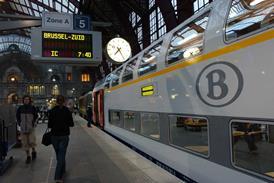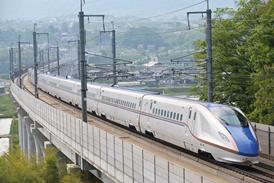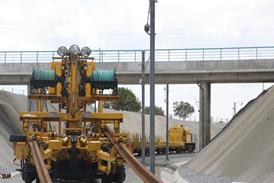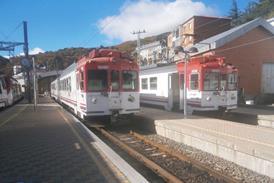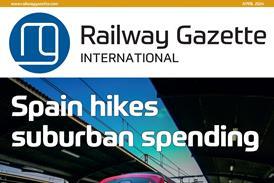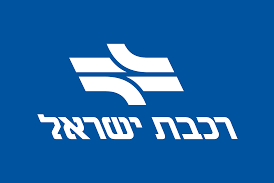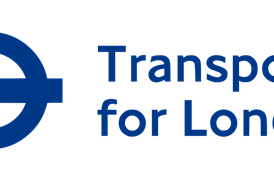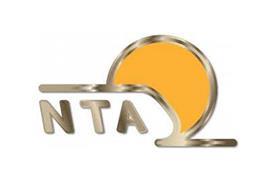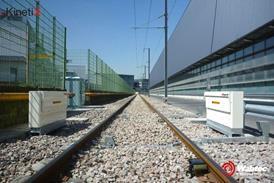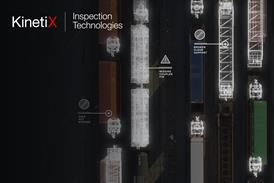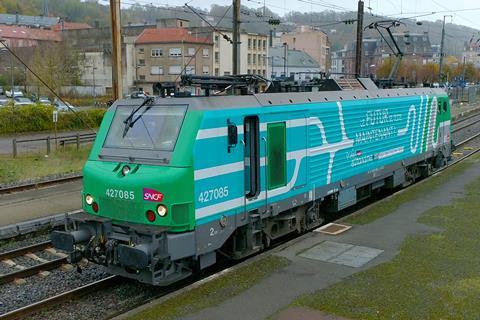
FRANCE: ‘A semi-autonomous train’ has run ‘under real operating conditions’ on the 16 km Longwy – Longuyon line in eastern France, national operator SNCF announced on December 16.
The trip took place under GoA2 (automated operation with a driver in the cab) on October 29, using a modified four-axle BB27000 Prima locomotive with fully automated acceleration and braking functions. The line is equipped with ERTMS.
SNCF is part of a consortium set up to develop automated freight operations as part of a €57m research project. It said that the next stage would be to run a train ‘with the same level of partial autonomy’ on a line equipped with conventional signalling. This is planned for ‘the end of 2021’.
SNCF says that 12 ‘test sessions’ have been scheduled during which additional functions required for fully automated operation will be incorporated, the aim being to run ‘a prototype in complete autonomy’ in 2023. The additional functions include obstacle detection and monitoring of the train’s environment.
The Longwy – Longuyon run follows a series of trials carried out to test the feasibility of the concept, initially on a 1 km closed test track within Alstom’s Belfort locomotive manufacturing site, where speeds of up to 60 km/h could be reached.
Luc Laroche, Director of the Autonomous Train project at SNCF, said that ‘our shared project has just passed a key stage, adhering to the schedule that was announced. It’s a success. The research and tests conducted with our partners over these two years have allowed us to make rapid progress towards the autonomous train, and we are overcoming the technical obstacles one by one. Our work is aimed at making the rail mode more competitive and will contribute to developing a more environmentally-friendly mode of transport.’
President of Alstom France Jean-Baptiste Eyméoud described the project as ‘a major opportunity for Alstom to promote its skills and innovation in the field of rail automation and autonomous transport’.
Gilles Pascault, President of Hitachi Rail STS France, pointed to his company’s ‘expertise and experience commissioning the first autonomous train in Australia to contribute to the standardisation of a smart, sustainable railway world’. This was a reference to the automation of Rio Tinto’s iron ore operations in the Pilbara region of Western Australia where trains have run using Autohaul technology under GoA4 using ETCS Level 2 since 2018.
Other members of the automated freight train consortium are Altran, Apsys, and Railenium. CEO of Apsys Christian Forestier drew attention to his company’s role in cyber security. The equipment ‘provides the guarantee that the requirements of cyber security are verified at the very deepest level of technology of the systems concerned’.
Another consortium is developing the automated operation of passenger trains under the same research project.

